How Artificial Intelligence Developer Redefining Operations
Discover how artificial intelligence developers are revolutionizing business operations through automation, predictive analytics, and intelligent systems.
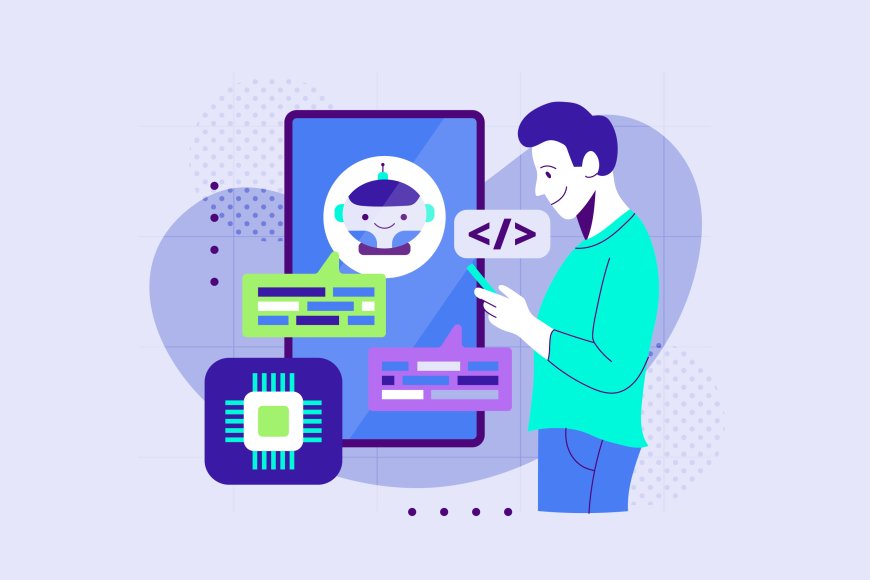
The Digital Revolution Reshaping Corporate America
Business operations look completely different today than they did five years ago. The traditional way of running companies through manual processes and human-only decision making is quickly becoming obsolete. At the center of this transformation sits the artificial intelligence developer – a professional who bridges the gap between cutting-edge technology and practical business solutions.
Companies across industries are discovering that AI isn't just about robots or sci-fi movies. It's about creating smarter systems that handle routine tasks, predict problems before they happen, and help humans make better decisions faster. The businesses that embrace this change are pulling ahead of competitors who stick to old methods.
Recent studies show that organizations using AI-powered operations report 37% faster problem resolution and 45% reduction in operational costs. These aren't small improvements – they represent fundamental shifts in how work gets done.
What Do AI Developers Do for Business Operations?
Artificial intelligence developers create automated systems that streamline business processes, analyze data patterns to predict outcomes, build intelligent workflows that adapt to changing conditions, and integrate machine learning models that improve decision-making across departments while reducing manual workload and operational costs.
Process Automation Eliminates Repetitive Tasks
Every business has tasks that consume time but don't require human creativity or complex thinking. Invoice processing, data entry, customer inquiry routing, and inventory tracking fall into this category. An artificial intelligence developer identifies these repetitive processes and creates automated solutions that handle them without human intervention.
The impact goes beyond just saving time. Automated processes work consistently without getting tired, making errors, or taking breaks. They operate 24/7 and can handle volume spikes that would overwhelm human workers. This reliability transforms how businesses manage their operations, especially during busy periods or unexpected demand surges.
Intelligent Document Processing Streamlines Administration
Paper-based workflows slow down modern businesses, but converting everything manually takes forever. AI-powered document processing systems can read, understand, and extract information from invoices, contracts, forms, and reports automatically. An artificial intelligence developer builds these systems to recognize different document types and pull out relevant data with impressive accuracy.
Companies using intelligent document processing report 80% faster approval cycles and 90% reduction in data entry errors. The technology handles multiple languages and document formats, making it versatile enough for businesses with diverse operational needs.
Smart Workflow Management Optimizes Team Productivity
Traditional project management relies on humans to track progress, identify bottlenecks, and allocate resources. AI-enhanced workflow systems do this automatically, adjusting assignments based on team capacity, deadline priorities, and historical performance data. The result is smoother operations with less micromanagement.
These intelligent systems learn from past projects to predict which tasks might face delays and suggest preventive actions. Teams spend less time in status meetings and more time on actual work.
Predictive Analytics Prevents Problems Before They Start
Reactive problem-solving costs businesses millions in lost productivity, customer dissatisfaction, and emergency fixes. Predictive analytics flips this approach by identifying potential issues before they impact operations. An artificial intelligence developer creates models that analyze historical data, current trends, and external factors to forecast what might go wrong.
Manufacturing companies use predictive maintenance to avoid equipment breakdowns. Retailers predict inventory shortages before shelves go empty. Service businesses forecast staffing needs during peak periods. This proactive approach transforms crisis management into smooth operational planning.
Machine Learning Models Enhance Customer Service
Customer service traditionally meant waiting for complaints and then trying to fix problems. Modern AI systems analyze customer behavior patterns, support ticket histories, and product usage data to predict which customers might need help soon. This allows companies to reach out proactively with solutions.
Businesses implementing predictive customer service see 60% fewer escalated complaints and 40% higher customer satisfaction scores. The technology doesn't replace human agents – it makes them more effective by providing better context and suggested solutions.
Supply Chain Intelligence Reduces Operational Risk
Global supply chains involve countless variables that can disrupt business operations. AI-powered supply chain management systems monitor supplier performance, shipping delays, weather patterns, and market conditions to predict and prevent disruptions before they affect customers.
Companies using AI-driven supply chain optimization report 25% reduction in stockouts and 30% improvement in delivery reliability. These improvements directly impact customer satisfaction and operational efficiency.
Data-Driven Decision Making Replaces Guesswork
Business leaders make dozens of decisions daily based on incomplete information and gut feelings. An artificial intelligence developer changes this by creating systems that provide comprehensive data analysis, trend identification, and outcome predictions. Instead of guessing what might work, leaders can make informed decisions backed by solid data.
AI systems process information from multiple sources simultaneously – sales data, market research, customer feedback, operational metrics, and external trends. This comprehensive analysis reveals insights that humans might miss or take weeks to discover manually.
Real-Time Analytics Enable Faster Response Times
Traditional business reporting shows what happened last week or last month. AI-powered analytics provide real-time insights that enable immediate action. When sales spike in a particular region, inventory can be redistributed automatically. When customer sentiment drops, marketing teams get alerts to investigate and respond quickly.
Organizations using real-time AI analytics make strategic adjustments 5x faster than those relying on traditional reporting cycles. This agility becomes crucial in competitive markets where timing matters.
Advanced Pattern Recognition Uncovers Hidden Opportunities
Human analysts can spot obvious trends, but subtle patterns often go unnoticed until it's too late to capitalize on them. Machine learning algorithms excel at finding complex relationships in large datasets that reveal new business opportunities or emerging risks.
Retailers discover unexpected product correlations that improve cross-selling. Financial services identify fraud patterns that manual reviews miss. Healthcare organizations spot treatment effectiveness trends that improve patient outcomes.
Intelligent Resource Allocation Maximizes Efficiency
Resources are always limited, whether we're talking about people, budget, equipment, or time. An artificial intelligence developer creates systems that optimize resource allocation by analyzing demand patterns, capacity constraints, and performance metrics. This intelligent approach ensures resources go where they'll have the most impact.
Traditional resource planning relies on historical averages and manager intuition. AI-powered systems consider dozens of variables simultaneously to make more accurate allocation decisions. The result is better utilization of existing resources without increasing costs.
Dynamic Staffing Models Adapt to Demand Fluctuations
Service businesses struggle with staffing – too many employees during slow periods waste money, while too few during busy times frustrate customers. AI systems analyze historical patterns, seasonal trends, special events, and external factors to predict staffing needs accurately.
Restaurants, retail stores, and call centers using AI-powered staffing see 20% reduction in labor costs while maintaining service quality. The technology considers factors like weather, local events, and historical patterns that human schedulers might overlook.
Automated Budget Optimization Improves Financial Performance
Budget allocation traditionally happens annually based on last year's numbers plus a percentage increase. AI systems continuously monitor spending effectiveness across departments and automatically suggest reallocation opportunities that improve overall performance.
Companies using intelligent budget optimization report 15% better ROI on operational spending. The systems identify underperforming investments early and suggest alternatives that deliver better results.
Quality Control Through Computer Vision Systems
Quality control has always relied on human inspectors who can miss defects or apply inconsistent standards. Computer vision systems powered by artificial intelligence provide consistent, accurate quality assessment that never gets tired or distracted. An artificial intelligence developer implements these systems to catch problems that human eyes might miss.
Manufacturing, food service, and logistics companies use AI-powered quality control to maintain standards while reducing inspection time. The technology can spot subtle defects, measure dimensions precisely, and flag anomalies that indicate potential problems.
Automated Defect Detection Improves Product Quality
Traditional quality control checks random samples and hopes to catch problems before they reach customers. AI-powered systems can inspect every single item without slowing down production lines. They learn from each inspection to become more accurate over time.
Companies implementing automated defect detection report 95% reduction in customer complaints about product quality. The systems catch problems that human inspectors miss while working much faster than manual inspection processes.
Compliance Monitoring Reduces Regulatory Risk
Regulatory compliance requires consistent adherence to detailed standards that change frequently. AI systems monitor operations continuously to ensure compliance requirements are met and flag potential violations before they become problems.
Organizations using AI-powered compliance monitoring avoid 90% of regulatory violations that would otherwise result in fines or operational shutdowns. The technology stays current with changing regulations and adjusts monitoring criteria automatically.
The Future of Business Operations is Already Here
The transformation of business operations through artificial intelligence isn't a future possibility – it's happening right now. Companies that partner with skilled artificial intelligence developers are building operational advantages that compound over time. Their systems get smarter, their processes become more efficient, and their decision-making improves continuously.
The businesses thriving in today's competitive environment share one common factor: they've embraced AI-powered operations. They use technology to handle routine tasks while humans focus on strategy, creativity, and relationship building. This combination of artificial intelligence and human intelligence creates operational excellence that's difficult for competitors to match.
The question isn't whether AI will transform your business operations – it's whether you'll lead this transformation or react to it. Forward-thinking organizations are already working with artificial intelligence developers to build the operational capabilities that will define business success in the coming decade.





_.png)
















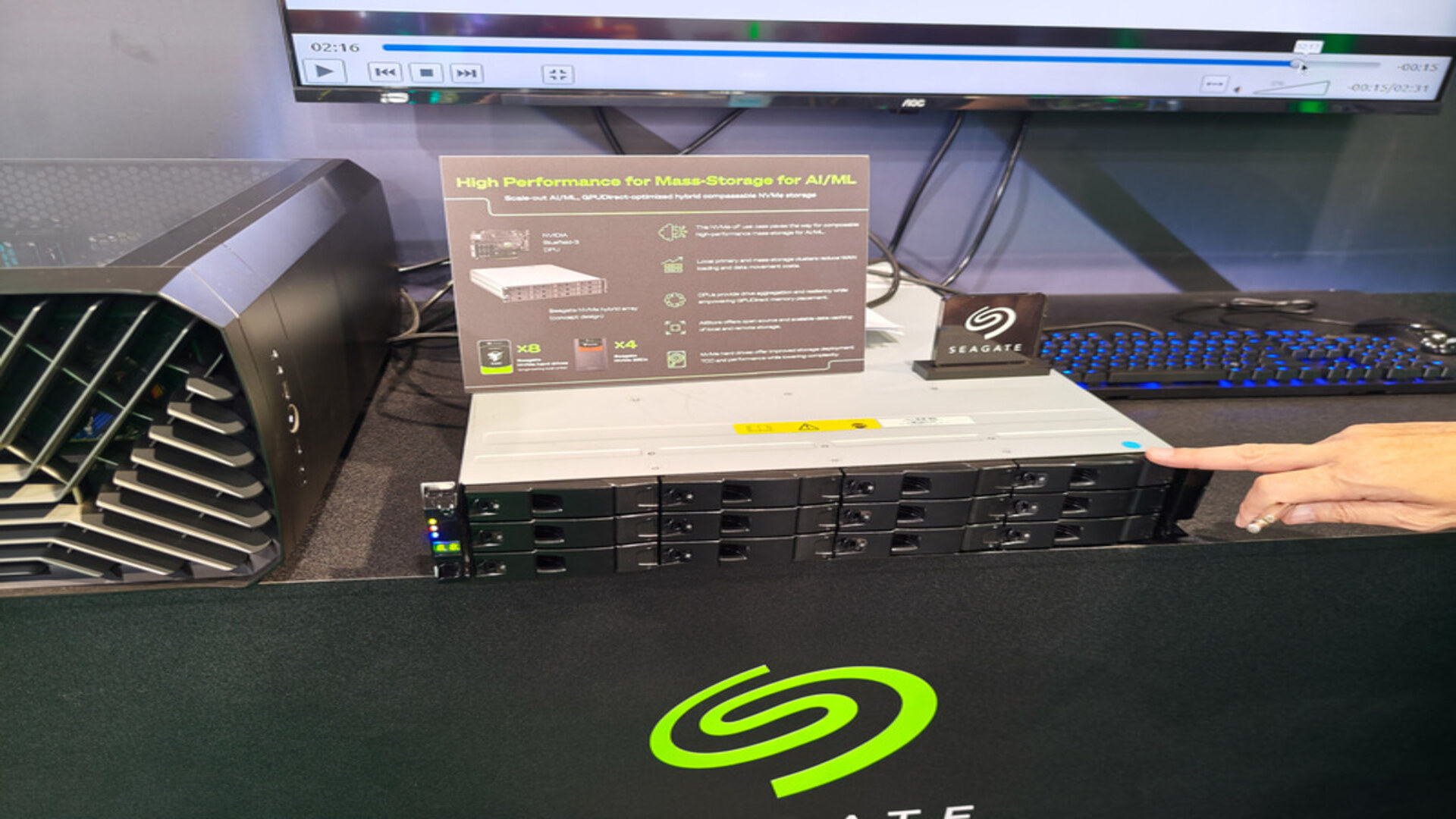





























































































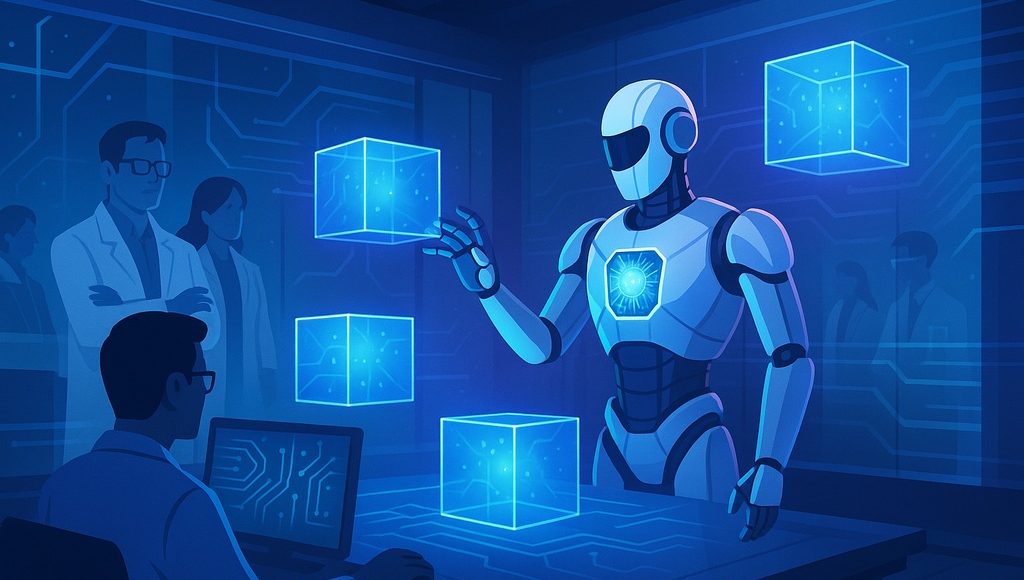

























































![[The AI Show Episode 151]: Anthropic CEO: AI Will Destroy 50% of Entry-Level Jobs, Veo 3’s Scary Lifelike Videos, Meta Aims to Fully Automate Ads & Perplexity’s Burning Cash](https://www.marketingaiinstitute.com/hubfs/ep%20151%20cover.png)

























































































































![[DEALS] FileJump 2TB Cloud Storage: Lifetime Subscription (85% off) & Other Deals Up To 98% Off – Offers End Soon!](https://www.javacodegeeks.com/wp-content/uploads/2012/12/jcg-logo.jpg)



![From electrical engineering student to CTO with Hitesh Choudhary [Podcast #175]](https://cdn.hashnode.com/res/hashnode/image/upload/v1749158756824/3996a2ad-53e5-4a8f-ab97-2c77a6f66ba3.png?#)













































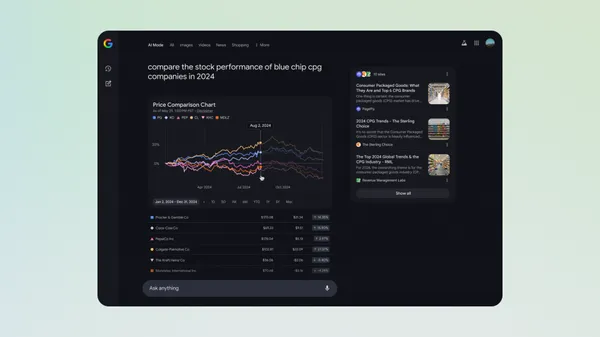



























































































_sleepyfellow_Alamy.jpg?width=1280&auto=webp&quality=80&disable=upscale#)








































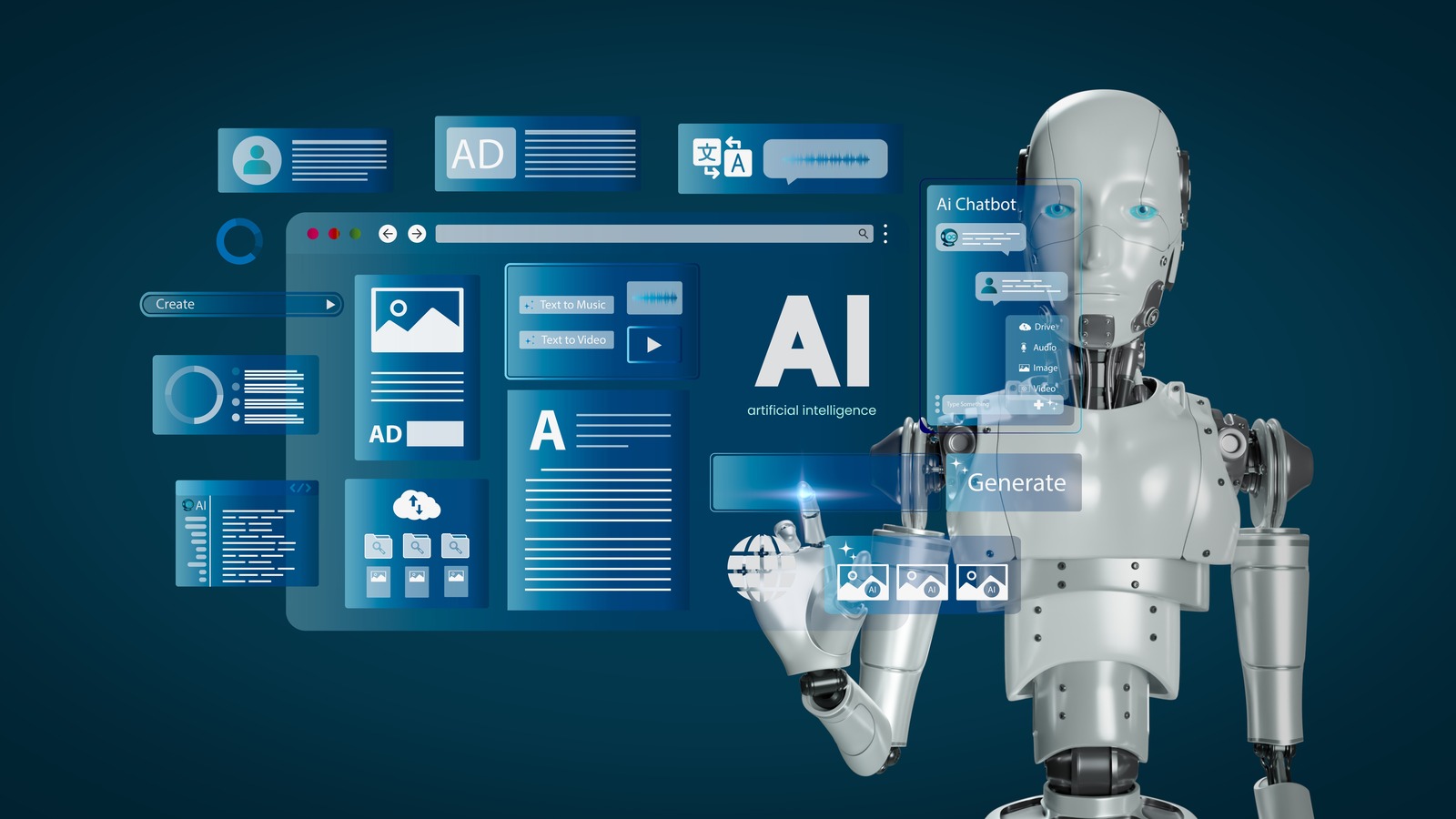








































































![watchOS 26 May Bring Third-Party Widgets to Control Center [Report]](https://www.iclarified.com/images/news/97520/97520/97520-640.jpg)

![AirPods Pro 2 On Sale for $169 — Save $80! [Deal]](https://www.iclarified.com/images/news/97526/97526/97526-640.jpg)
![Apple Shares Official Trailer for 'The Wild Ones' [Video]](https://www.iclarified.com/images/news/97515/97515/97515-640.jpg)


































































